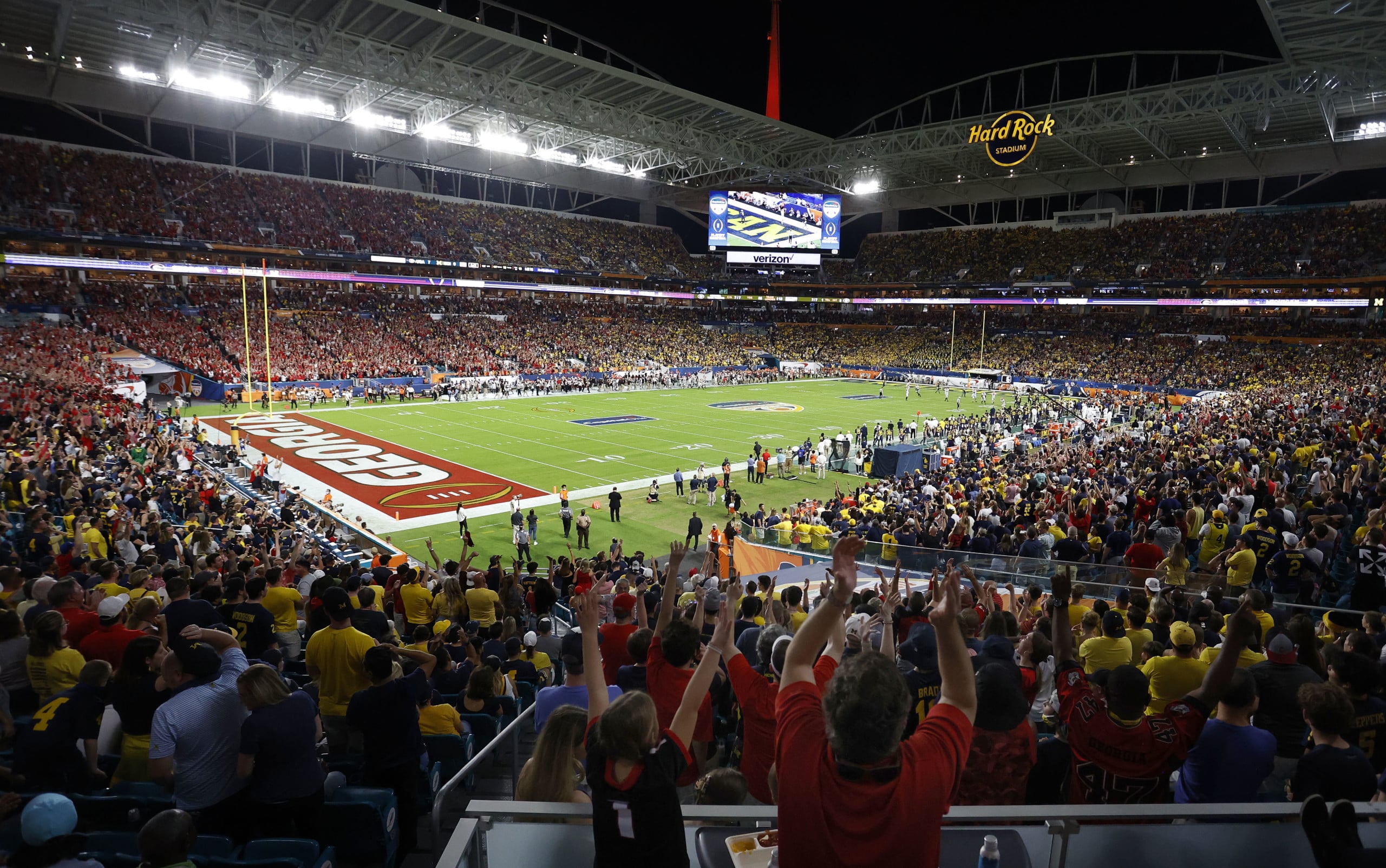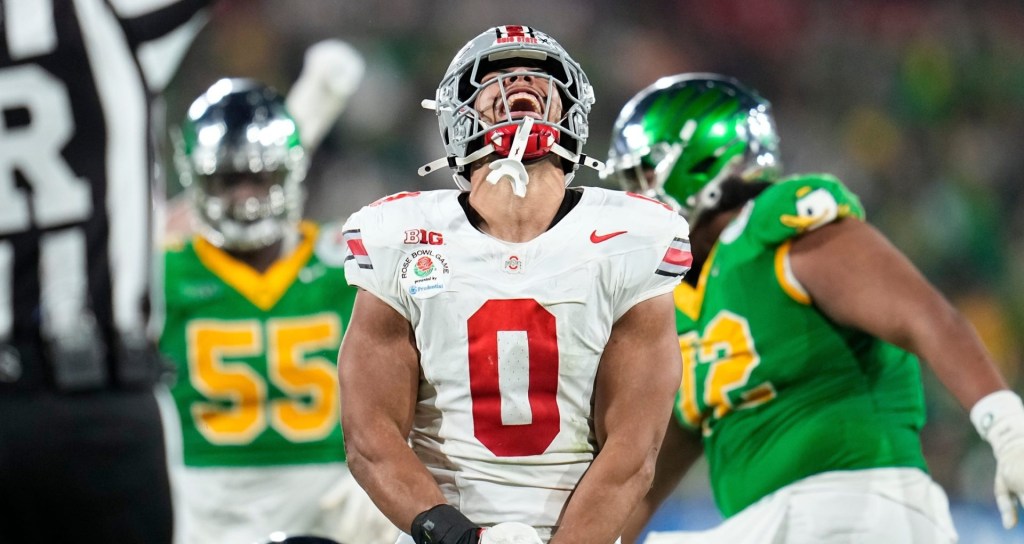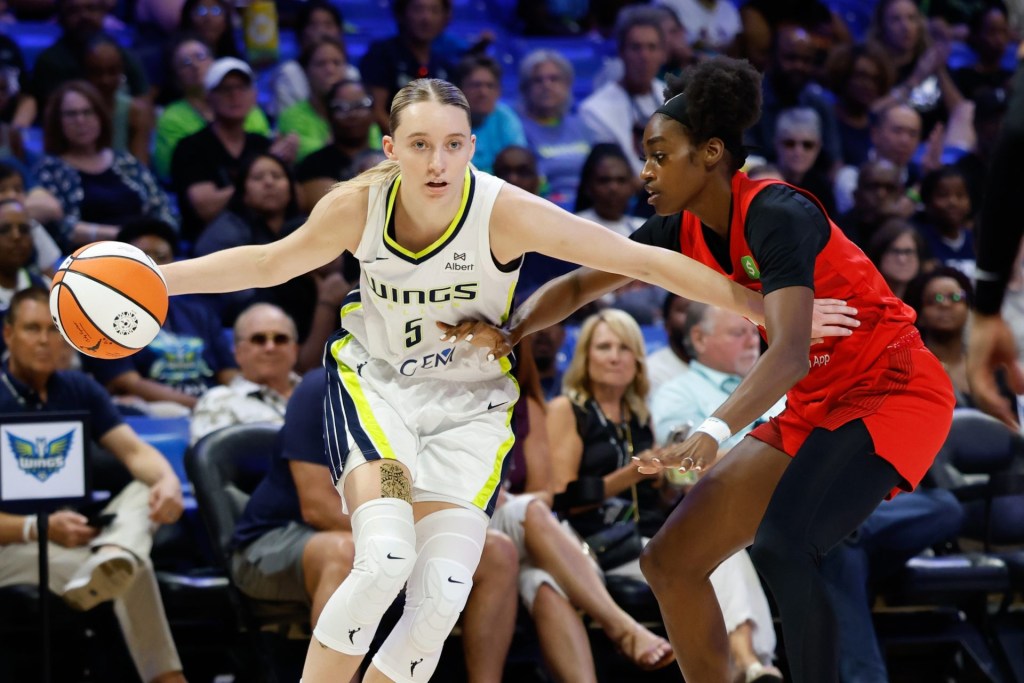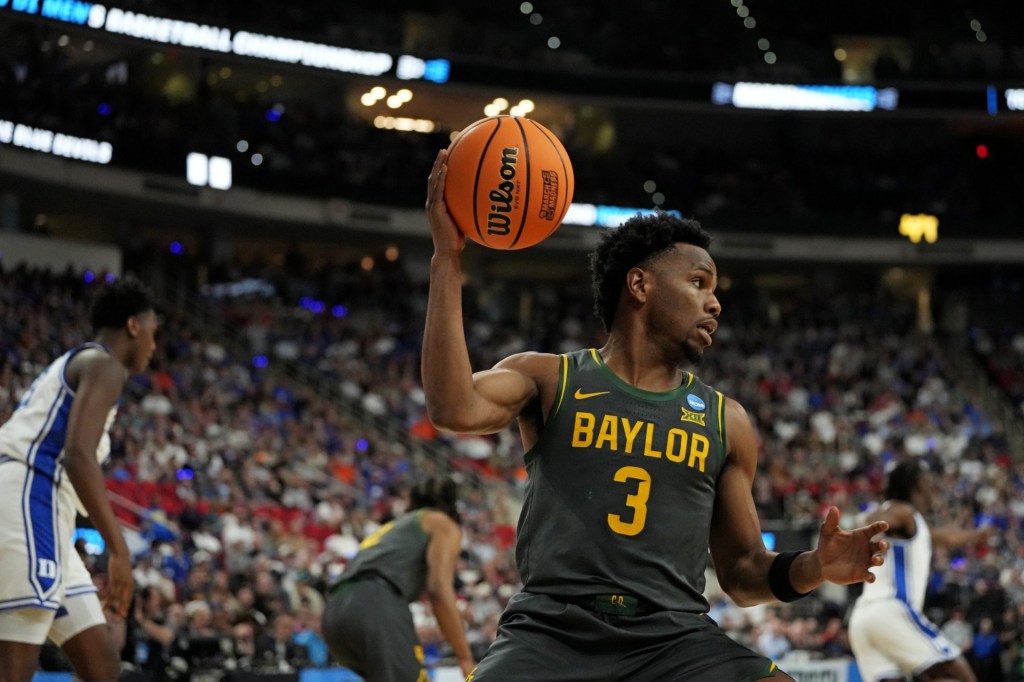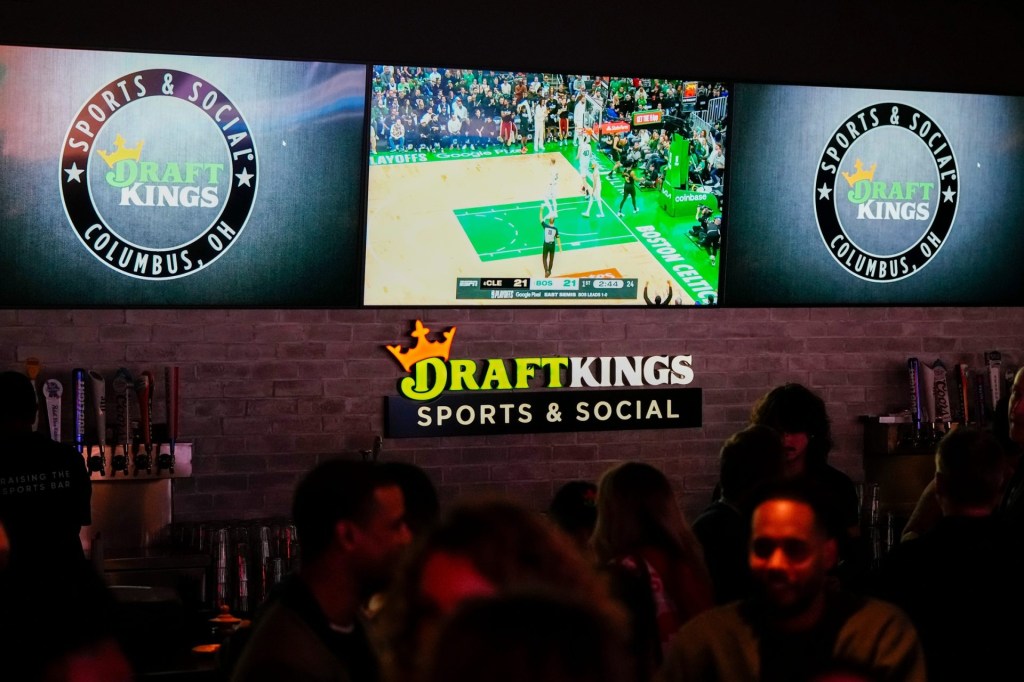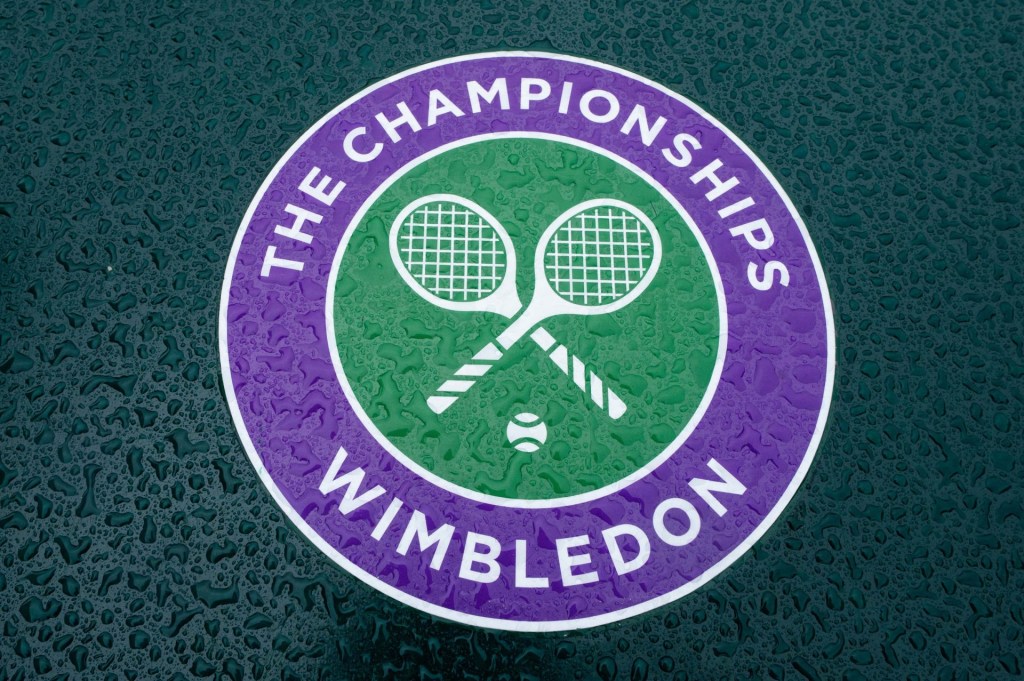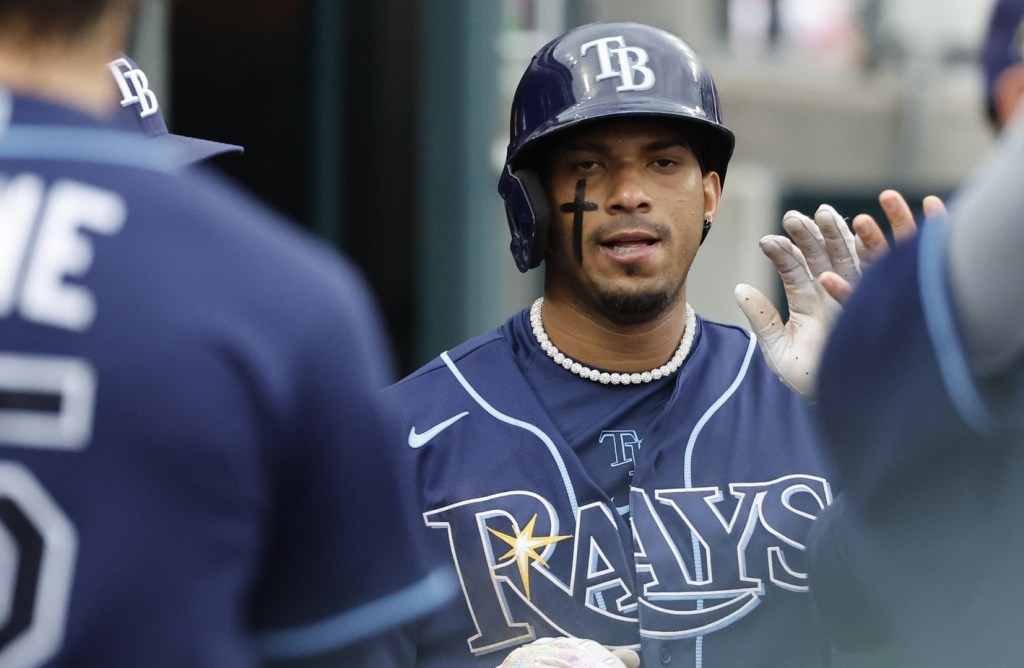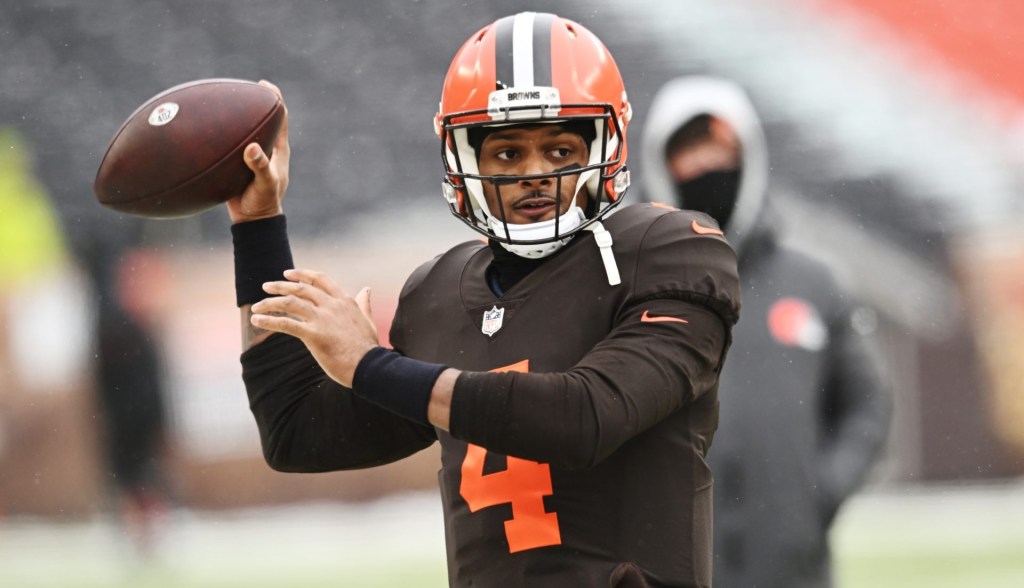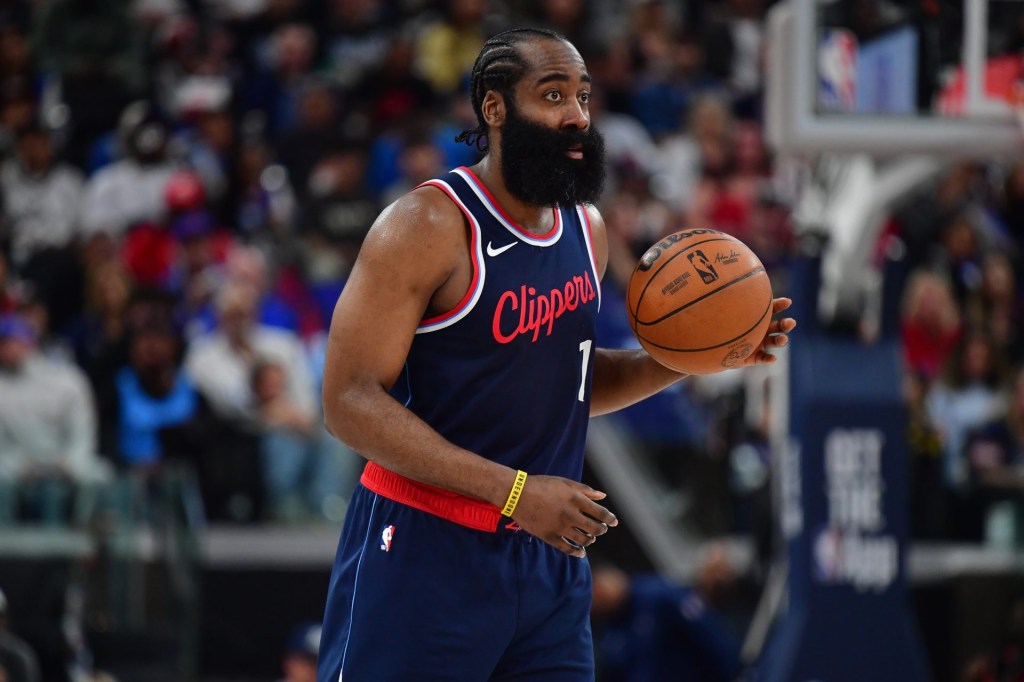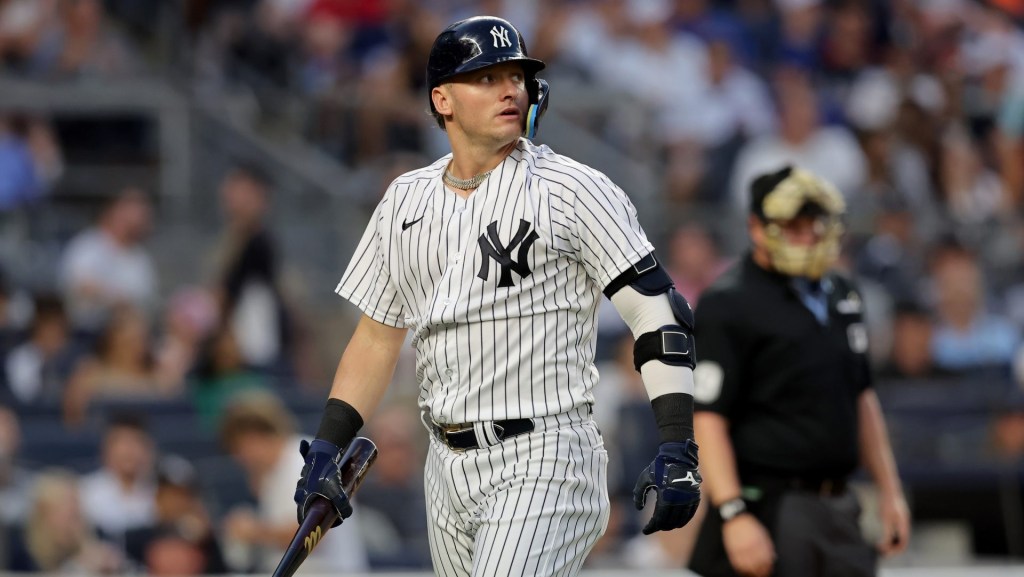In a packed courtroom on Wednesday in Philadelphia, three federal judges considered a scenario heralded as the NCAA’s worst nightmare: whether college athletes could be considered university employees. The case before the judges was Johnson v. NCAA, which alleges athletes are entitled to minimum wage.
Johnson is just one of three major legal and political processes in motion that could ultimately kill amateurism. The NCAA has never battled as many legitimate challenges to its core business model of amateurism as it is right now.
For years, the very core of the NCAA’s business model has been that athletes aren’t entitled to employment status — they can’t unionize, receive wages, or claim other U.S. labor protections like workers’ compensation.
But now, the Johnson case, the National Labor Relations Board and, potentially, Congress could change that.
Johnson: The Right to Minimum Wage
Johnson v. NCAA, which was originally filed in 2019 by several Division I athletes, alleges that the NCAA and schools have misclassified them as amateurs and that they should receive minimum wage under the Fair Labor Standards Act.
It’s a common argument that Division I football and basketball players should get paid because of the billions of dollars they generate for the NCAA and schools. But the plaintiffs in Johnson argued that it was the control schools exert over athletes — from how many hours they practice to what classes they can take — that mimics an employer-employee relationship.
Despite winding through the court system for three years, the case hasn’t even reached the discovery phase. The NCAA and schools have made every attempt to get the case dismissed.
On Wednesday, the U.S. Third Circuit Court of Appeals heard arguments related to an intermediary appeal: again, whether athletes could possibly be employees. The judges attacked the NCAA’s position that players are amateurs, sometimes poking fun at the NCAA and eliciting laughter from the courtroom.
One judge referred to the NCAA and schools as “regimes.” Another asked point-blank how athletes could not be considered employees.
If the tenor of the judges was any indication, the athletes will likely win the appeal. While in the short term, that only means that the case will proceed to discovery, it could ultimately end in a verdict that athletes should, in fact, receive a minimum wage — in addition to all their other benefits.
But we may have to wait years before for a final verdict.
NLRB: The Right to Unionize
While an athlete win in the Johnson case would make Division I athletes employees under the FLSA, it wouldn’t immediately grant them other rights — like the ability to collectively bargain.
The National Labor Relations Board is handling that issue. It’s agreed to prosecute a complaint filed on behalf of USC football and basketball players. Filed by the National College Players Association and executive director Ramogi Huma, the complaint alleges the school, the Pac-12, and the NCAA are joint employers who have mistakenly called athletes amateurs.
“This kind of misclassification deprives these players of their statutory right to organize and to join together to improve their working/playing conditions if they wish to do so,” NLRB General Counsel Jennifer Abruzzo previously said in a statement to FOS. “Our aim is to ensure that these players can fully and freely exercise their rights.”
The NLRB only has jurisdiction of the private sector, and in 2014 ruled that it would be too complicated to allow private school athletes to unionize while public school athletes can’t.
But this case has a workaround. If players win, they would earn the right for all D-I basketball and football players to unionize. Athletes at public schools could do so also, given that conferences and the NCAA would be considered their employers under the “joint employer doctrine.”
Legal experts have told FOS that while the NLRB case and the Johnson case are different, they could impact one another. But even if athletes are deemed employees, only the NLRB could decide if they can unionize.
The case will likely take at least a year, assuming the party that loses will appeal.
Congress: The Wild Card
Of all the pathways, Congress is the biggest wild card.
Federal lawmakers on both sides of the aisle have introduced a wide range of bills on the issue. Some would grant employment status, while others would prohibit it for good. One bill, from Sen. Cory Booker (D-N.J.), lands somewhere in the middle: It asks for revenue-sharing between players and schools, rather than wages.
It’s unclear whether Congress will have the momentum to pass any legislation related to college sports.
The body is clearly busy with more pressing matters. In 2021, Congress held multiple hearings on athlete compensation issues — but has since lost steam.
And it will have a hard time passing legislation with a Republican-controlled House and Democrat-controlled Senate. After all, it took multiple days for the House to elect a Speaker.
The NCAA’s No. 1 priority is lobbying in Washington. It hopes to not only reclaim Congress’ attention, but also convince it to issue antitrust protections, and to outright codify that athletes aren’t employees.
To carry out that mission, the governing body hired a politician as its next president: former Massachusetts governor Charlie Baker. Typically the president lives in Indianapolis, the home of the NCAA headquarters. But Baker will reportedly keep his current residence with the plan to spend most of his time traveling — and lobbying in Washington.
If the NCAA is successful, it will get lawmakers to define athletes as amateurs once and for all. But if it’s not, the courts or the NLRB could wind up getting the last word.
